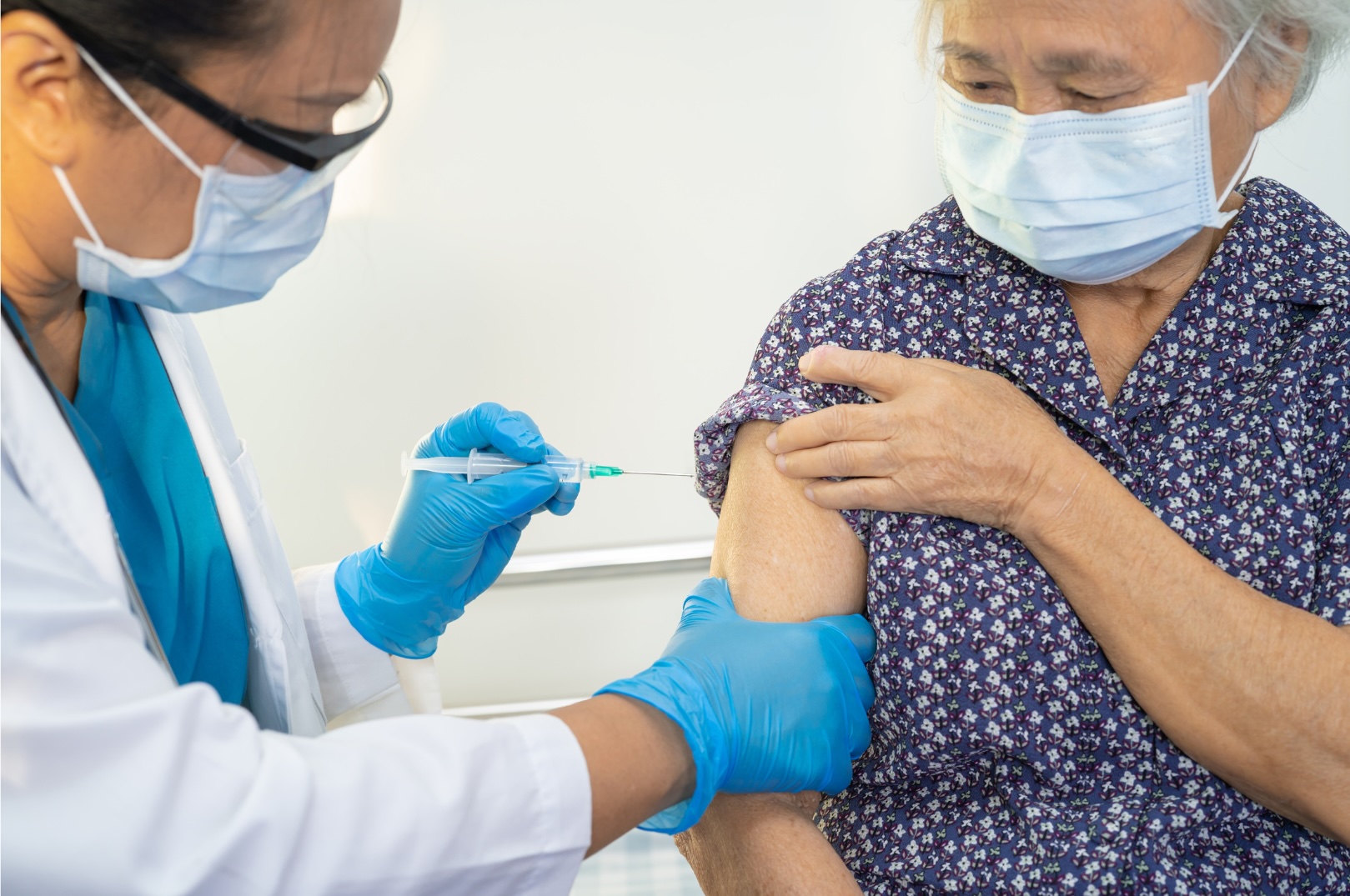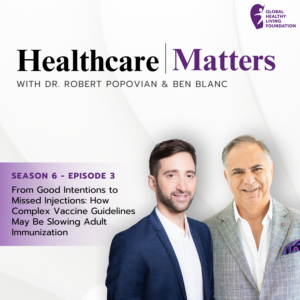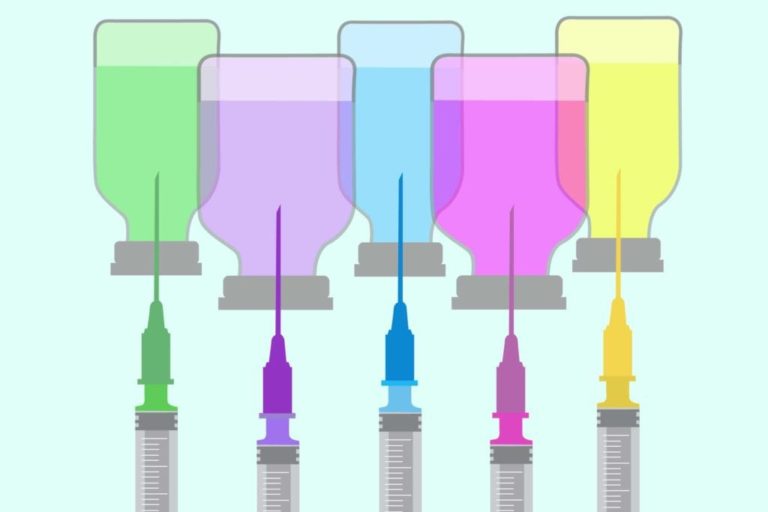Learn how vaccine policies safeguard public health, protect those with chronic illnesses, and why patient advocacy is essential for driving meaningful change.
Enhancing Adult Vaccine Uptake: Challenges in Shared Clinical Decision Making and Risk-Based Recommendations
Enhancing Adult Vaccine Uptake: Challenges in Shared Clinical Decision Making and Risk-Based Recommendations

In “Enhancing Adult Vaccine Uptake: Challenges in Shared Clinical Decision Making and Risk-Based Recommendations“, we focus on Shared Clinical Decision Making (SCDM) and risk-based vaccine recommendations by the CDC’s Advisory Committee on Immunization Practices (ACIP).
Authored by Robert Popovian, PharmD, MS, Founder, Conquest Advisors and Chief Science Policy Officer, at the Global Healthy Living Foundation, the report examines how these policies impact vaccine uptake among adults, particularly in underserved communities, and highlight the challenges healthcare providers face in implementing these recommendations.
While intended to foster individualized care and thoughtful patient-provider dialogue, these policies often lead to ambiguity for both patients and health care professionals. The report details how misalignment with FDA labeling, insurance coverage confusion, and complex eligibility assessments can create real-world barriers that reduces vaccine uptake.

“Our goal with this report is not to dismiss the intent behind SCDM and risk-based guidance but to examine how these approaches work in real-world clinical settings. Unfortunately, the data show that these policies can create unintended barriers to immunization, particularly when providers lack full access to patient histories or are burdened by unclear reimbursement protocols. This report highlights how complexity in vaccine recommendations can delay or prevent immunization entirely.”
— Robert Popovian, PharmD, MS
Chief Science Policy Officer at GHLF
Significant Drop in Uptake After SCDM
The PCV13 pneumococcal vaccine saw uptake decline from over 70% to under 60% following SCDM implementation, including among vulnerable and immunocompromised individuals.
Stark Disparity Between Routine and SCDM Guidance
Only 11.9% of eligible adolescents received the Men B vaccine under SCDM, compared to 60.8% of the same group for the Men ACWY vaccine which has a routine recommendation from ACIP.
Equity Gaps Prompt Policy Reversal
The CDC’s SCDM policy for Hepatitis B was modified in 2022 after evidence showed suboptimal uptake among older adults and racial minorities—highlighting the failure of risk-based strategies to reach vulnerable groups.
Provider Burden in Real-World Settings
Many pharmacists and non-primary care physicians lack access to full medical histories, making it difficult to apply complex criteria or verify patient risk—a critical issue given that nearly 90% of adult vaccines are now administered in pharmacies.
Listen to Healthcare Matters to hear a breakdown of the study from Dr. Robert Popovian

Are well-intentioned vaccine policies making access harder instead of easier? In this episode of Healthcare Matters, hosts Dr. Robert Popovian and Ben Blanc unpack a new report from the Global Healthy Living Foundation (GHLF) on how Shared Clinical Decision Making (SCDM) and risk-based recommendations may unintentionally reduce adult vaccination rates—particularly in underserved communities. From real-world data showing a 10 percent drop in pneumococcal vaccine uptake to sharp disparities in meningitis coverage, the findings are hard to ignore.
Tune in as we explore how these policies may create confusion, widen health inequities, and hinder access—and what can be done to fix it.
To learn more about the Global Healthy Living Foundation’s vaccine advocacy, research, and education work:
Author

Robert Popovian, PharmD, MS
Chief Science Policy Officer at GHLF
Dr. Robert Popovian is the Founder of the strategic consulting firm Conquest Advisors. He also serves as Chief Science Policy Officer at the Global Healthy Living Foundation, Senior Healthy Policy Fellow at the Progressive Policy Institute, and Visiting Health Policy Fellow at the Pioneer Institute. He previously served as Vice President, U.S. Government Relations at Pfizer.
One of the country’s foremost experts on every significant facet of biopharmaceuticals and the healthcare industry, he is a recognized authority on health economics, policy, government relations, medical affairs, and strategic planning.
Dr. Popovian completed his Doctorate in Pharmacy and Master of Science in Pharmaceutical Economics and Policy degrees with honors at the University of Southern California. He has also completed a residency in Pharmacy Practice/Adult Internal Medicine and Infectious Diseases at the Los Angeles County-USC Hospital and a fellowship in Pharmaceutical Economics and Policy at USC.
Was this article helpful?
YesNo


